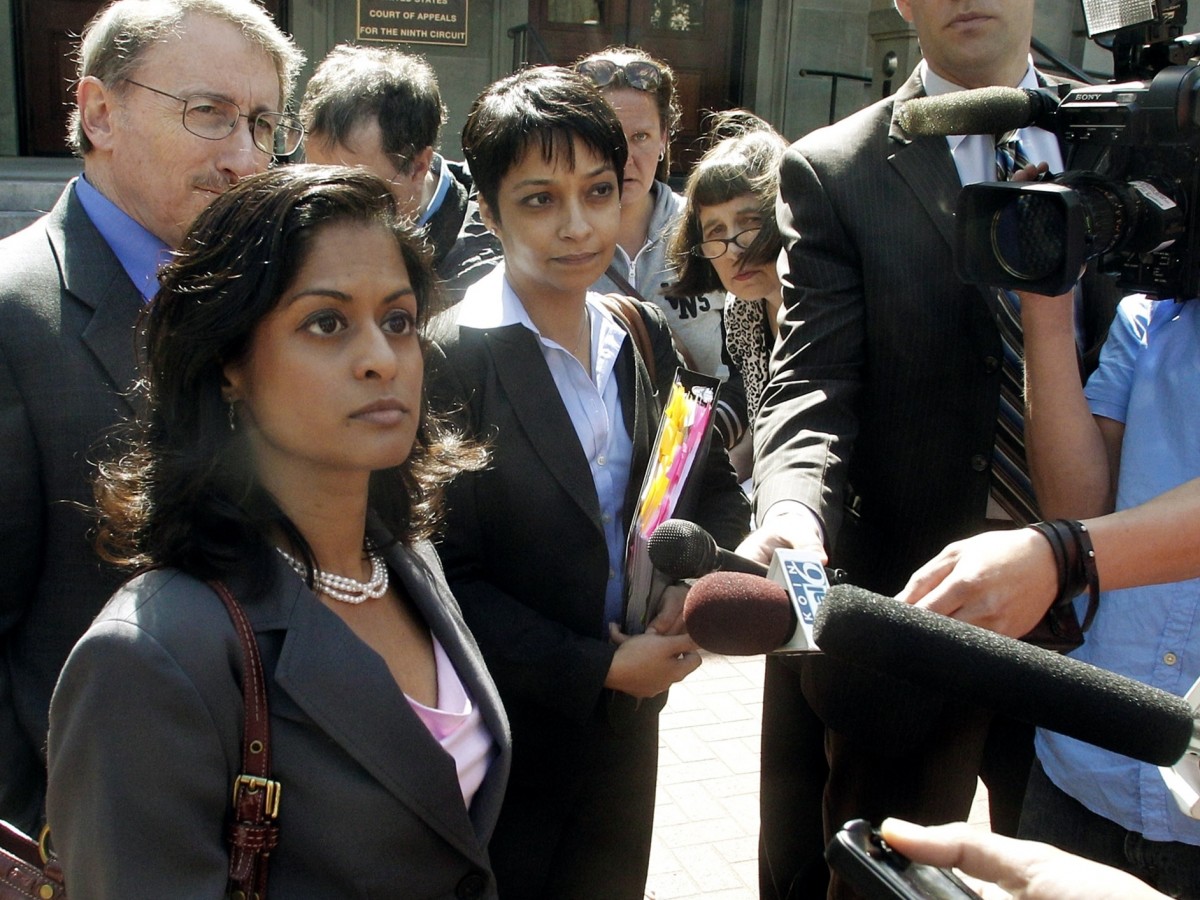
On Wednesday a federal court partially ruled against the U.S. government’s secretive “no-fly list,” agreeing with the American Civil Liberties Union (ACLU) that the list violated the constitutional rights of 13 Americans, including four military veterans, whose names were on the list.
U.S. District Judge Anna Brown ruled that the 13 Americans “have a constitutionally protected liberty interest” in traveling internationally via air travel. Inclusion on the list, Brown indicated, smears an individual as a suspected terrorist, which can result in a violation of those person’s constitutional rights.
In her ruling, Brown said that the plaintiffs have expended “an extraordinary amount of time, expense, and difficulty,” by having to travel via boat and land instead of air.
“Although there are perhaps viable alternatives to flying for domestic travel within the continental United States, such as traveling by car or train, the court disagrees with (the government’s) contention that international air travel is a mere convenience in light of the realities of our modern world,” she said.
Brown also noted that the impact of having one’s name appear on the no-fly list are greater than one may realize, since the Terrorist Screening Center shares watchlist information with 22 governments, and U.S. Customs and Border Protection shares that information with ship captains as well.
However, Brown has yet to rule whether or not the government violated the constitutional rights of the plaintiffs, who were never notified they were on the no-fly list or given an opportunity to appeal. Many civil liberties organizations have pointed out that while a full ruling has yet to be made, Brown’s opinion came very close to ruling that the no-fly list as a whole was unconstitutional.
She is expected to make a final ruling later this fall, and gave both sides until Sept. 9 to provide additional information.
Nusrat Choudhury is an ACLU staff attorney who helped argue the case on behalf of the plaintiffs. He applauded Brown’s ruling and said “This decision is a critically important step towards vindicating the due process rights of Americans on the No Fly List.
“For the first time, a federal court has recognized that when the government bans Americans from flying and smears them as suspected terrorists, it deprives them of constitutionally protected liberties, and they must have a fair process to clear their names. The No Fly List procedures violate due process because the government refuses to provide any explanation or a hearing for innocent Americans to challenge their inclusion, and we look forward to making that case to the court.”
He said the ACLU was confident “that when the court reviews any additional information that the parties provide that she will reach a ruling that the current system is patently unfair and violates the Fifth Amendment.”
Long fought battle
In June 2010, the ACLU filed the lawsuit against the federal government on behalf of 13 U.S. citizens, four of whom were military veterans, who had been placed on the no-fly list and were therefore prohibited from flying to or from the U.S. or over American airspace.
During oral arguments this past June, the ACLU argued that their clients’ rights had been violated since they were barred from flying over U.S. airspace without any after-the-fact explanation or a chance to clear their names at a hearing.
The lawsuit alleged that the process for removing one’s name from the list was unfair, inadequate and unconstitutional. Specifically the ACLU said the no-fly list was a violation of Americans Fifth Amendment rights, which guarantees the right of due process.
The no-fly list was created in 2003 under the George W. Bush administration and is maintained by the U.S. government’s Terrorist Screening Center. The list includes the names of those persons who are no longer permitted to travel on commercial aircrafts in or outside of the U.S.
While these individuals are not allowed to fly, they have not necessarily committed any acts that are worthy of arrest.
According to media reports, there are more than 20,000 people on the No Fly List. The only way for an individual to remove their name from the list is to fill out a request with the Department of Homeland Security. But the ACLU says many who have tried this “dead-end process” say that after attempting to clear their name, they received a letter without any explanation or confirmation that they were not eligible to fly.
Abe Mashal is one of the 13 plaintiffs. He said, “Putting me on a blacklist without telling me why or giving me a chance to clear my name is fundamentally unfair. I’ve done nothing wrong, yet the government is putting me through great personal and financial hardship.”


